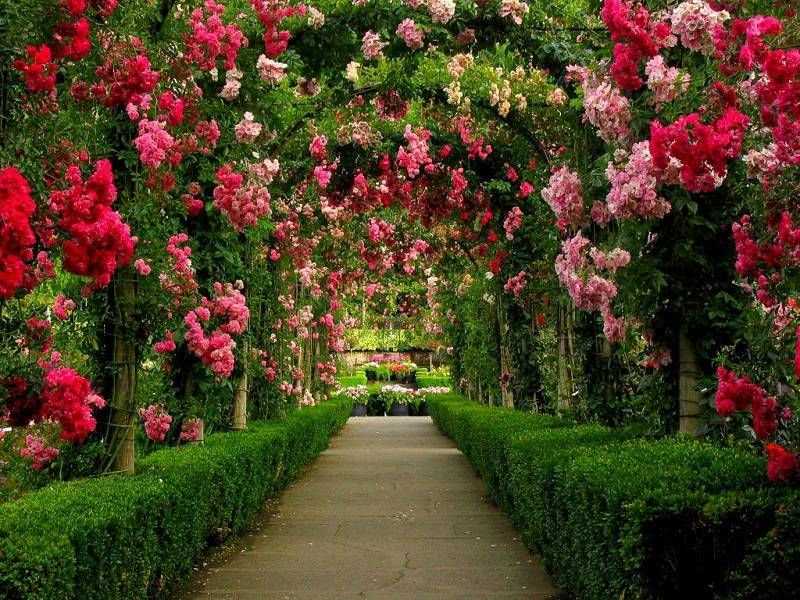Posts
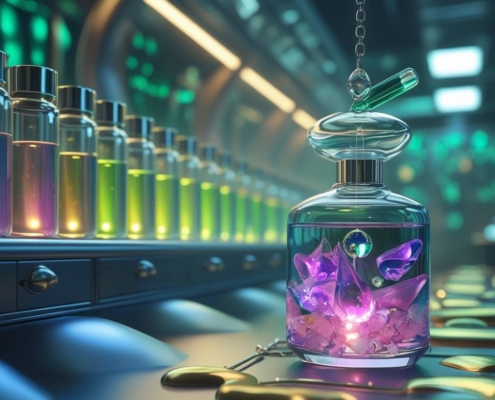
Biodegradability of Synthetic vs. Natural Perfumes: Understanding the Environmental Impact
The Persistence Paradox: The irony lies in the fact that the same molecular stability that makes synthetic fragrances appealing to perfumers—their resistance to oxidation, heat, and chemical breakdown—also makes them resistant to biodegradation.…
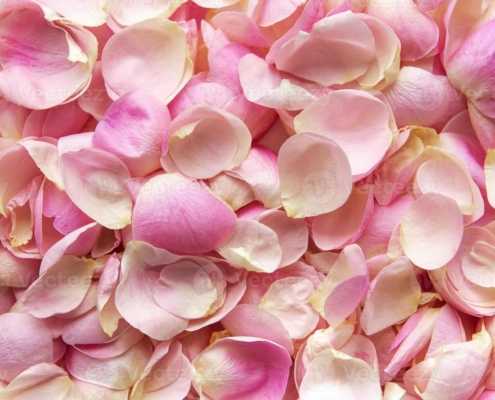
All Natural Perfumes
All natural perfumes are by far different than synthetic ones. If you have ever experienced the kind of sense of olfactory opulence natural fragrances can evoke in your body and mind and the healing benefits they can produce for your emotional and physical health, you will definitely understand that pure unadulterated perfumes are undoubtedly priceless gifts of nature that do not have any analogy.
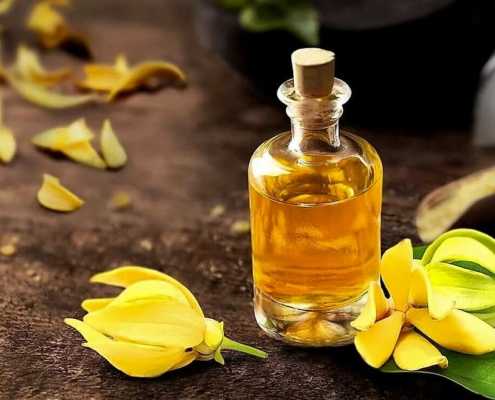
Ylang-ylang – Properties, Distillation, and History
Ylang-ylang oil has strong anti-inflammatory, antifungal, and antibacterial properties. These actions help alleviate fungal infections and symptoms of malaria.
Ylang-ylang has long been used for a range of therapeutic purposes. Modern scientific research has also substantiated many traditional benefits.
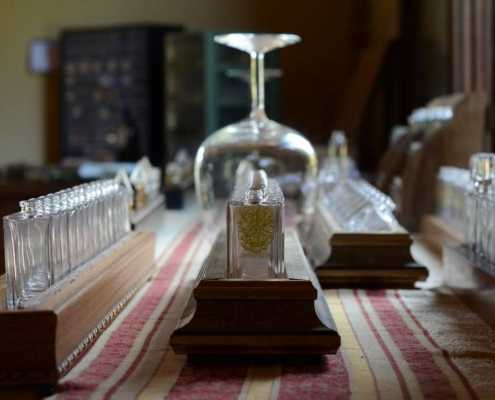
9 Reasons to Switch to Natural Perfumes
Scents are directly linked to our emotions and wellnesses. They have been found to be closely associated with our history and cultures for thousands of years. With the growing consequences of the health hazards of synthetic ingredients globally,…
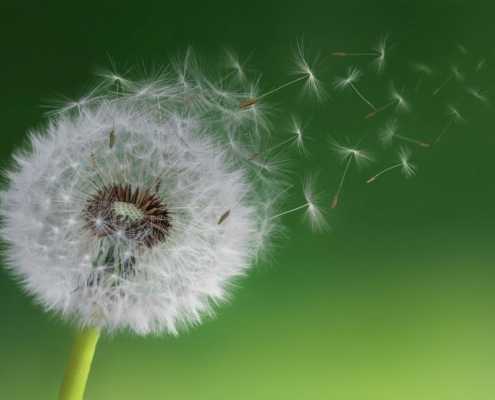
What Does Hypoallergenic Mean?
What does hypoallergenic mean? FDA stated that "There’re no Federal standards or definitions that govern the use of the term ‘hypoallergenic’. The term means whatever a particular company wants it to mean. Manufacturers of cosmetics labeled as hypoallergenic are not required to submit substantiation of their hypoallergenicity claims to FDA."
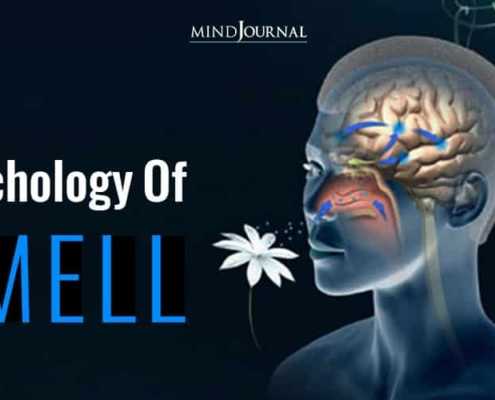
Olfactory Psychology
Olfactory psychology refers to the science that describes the effects of smells on the human psyche and nervous system, playing an important role in activating the endocrine system. It involves multiple psychological factors such as emotion, mood, memory, and behavior. Scents have been found closely intertwined with emotion and memory.
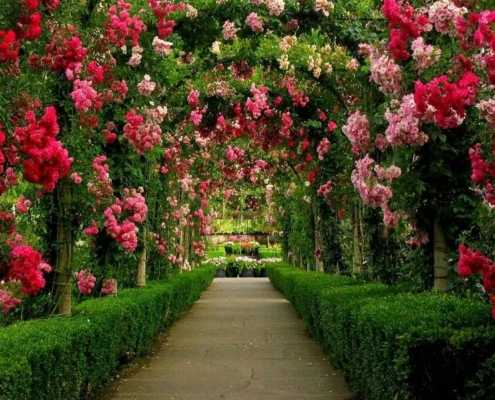
Botanical Perfumery
Botanical perfumery is the art of blending fragrance ingredients of botanical origin such as roots, flowers, seeds, resins, and gums to prepare aesthetically pleasing herbal fragrances. In Medieval Europe, fragrant botanical oils became popular for wellbeing and healing, which meant that the professions of physicians or apothecaries and perfumers became closely intertwined.
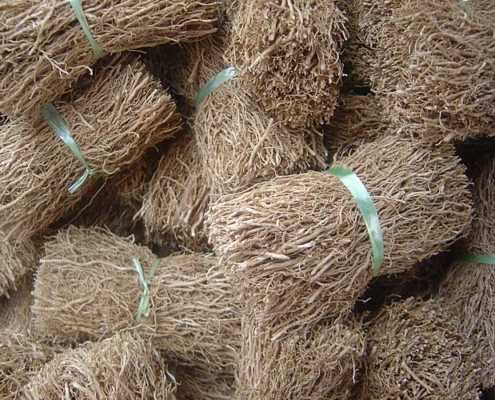
Vetiver Perfume: Properties, Distillation, and History
Vetiver oil acts as a natural antioxidant that may help reduce a wide range of inflammations. It also shows antiseptic actions that can help eliminate and inhibit the growth of invasive bacteria.
The vetiver oil is also used in messages to improve circulation, metabolism, and digestion. It naturally alleviates muscular aches and soothes joint stiffness and pain.
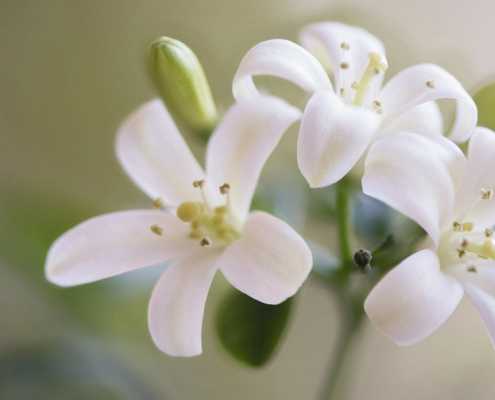
Jasmine Perfume – Properties, Distillation, and History
Jasmine perfume oil has diverse uses and benefits, making it one of the most expensive natural oils in the world. About 1 million flowers are required to produce 1 kg of jasmine absolute. Jasmine, popularly known as "the Queen of the night", helps to maintain emotional balance by promoting euphoric and peaceful feelings.
Jasmine helps to alleviate stress and anxiety without producing any sedative effects. Therefore, it’s also useful in reducing inflammatory conditions caused by emotional stress.

Natural White Musk – Ambrette
Aromatherapy uses: Essential oils derived from the ambrette seeds emanate a wonderful soft musky smell, making it very beneficial in aromatherapy.
The white musk scent of ambrette essential oil has been widely used in aromatherapy for treating anxiety, nervousness, and depression among other emotional imbalances.
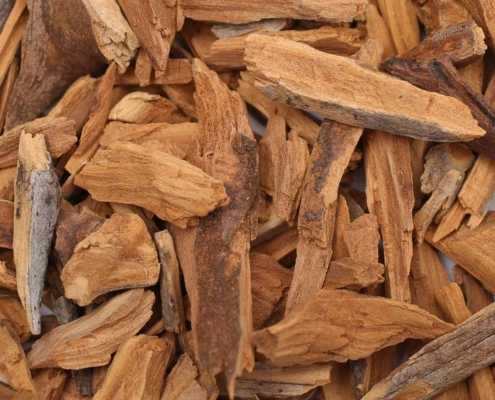
Australian Sandalwood – Properties, Distillation, and History
The Australian Sandalwood is just a little bit wilder and stronger than the Mysore, which is a plus point because the Mysore qualities are fully there. The Australian Sandalwood reflects the smells of Australia's harsher and wilder land, while the Mysore exposes the softness of ancient Indian civilization. However, Australian Sandalwood is an extremely valid choice for the extinct Mysore Sandalwood, a real revivification of the unforgettable bewitching scents.
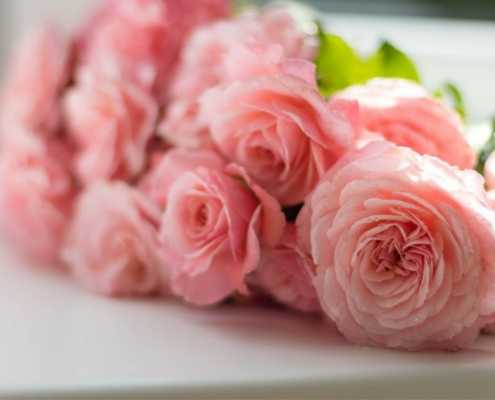
Turkish Rose – Properties, Distillation, and History
The great physician Ibn-al-Sina, commonly known as Avicenna in modern medicine, was the first scientist who emphasized the beneficial effects of rose essence on the heart and the brain. He praised rose water for its effective benefits on the mind and soul, and its tremendous benefits on brain function and cognitive power.
In India, Nur Jahan, Moghul Emperor Jahangir's wife, used to take bath in a pond filled with roses.
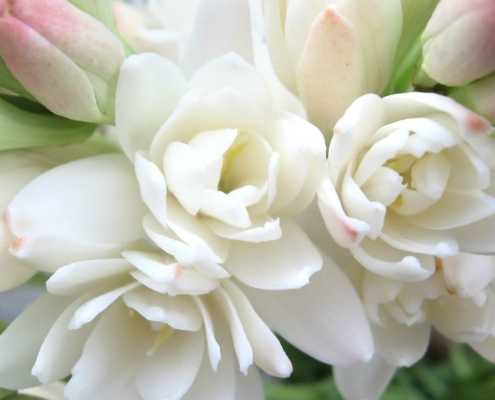
Tuberose Perfumes – Properties, Distillation, and History
During Italian Renaissance, it was prohibited for unmarried girls to walk through Tuberose gardens for their bewitching and erotic power, so they wouldn’t sink into the intoxicating scents of the flowers and men maddened by the bewitching smells. Where jasmine absolutes reveal the joy on the faces, it is said that women who exude the fragrance of Tuberose might cause mimicry recalling orgasm.
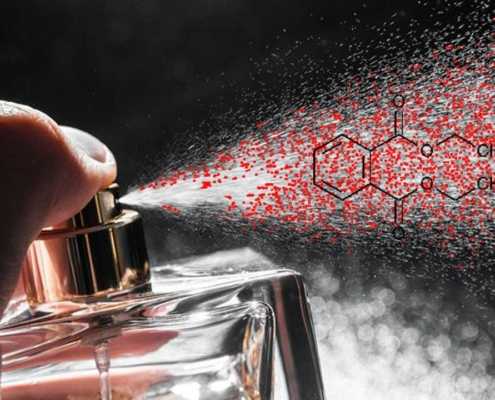
Why Phthalates in Perfumes are Dangerous?
Phthalates in Perfumes are Dangerous? Due to laws that protect perfume manufacturers from sharing "trade secrets", most perfumes sold commercially are packed with harmful chemicals that aren’t listed individually on the ingredient label.
Instead, these fatal chemicals are simply covered by the term "fragrance" – an umbrella word that could mean a variety of different ingredients and hide the actual one.
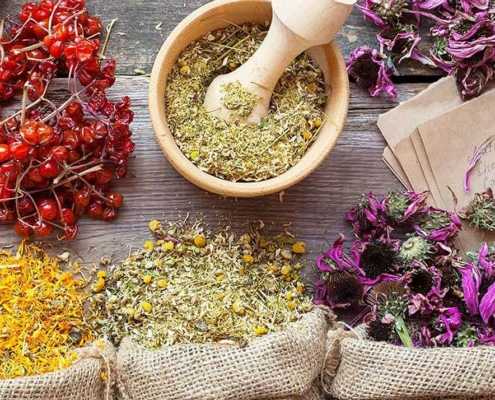
Botanical Extracts in Natural Perfumery
In recent years, with the increasing scenario of health concerns using synthetic fragrances, there has been a shift towards natural perfumes as many people seek safe and natural ingredients in their favorite perfumes. Botanical extracts are natural, safe, and perfect for enhancing the quality of perfumery products.

Rose Attar
Rose Attars are typically natural essential oils derived from the petals of diverse types of roses. Rose attars are made through the steam distillation process while rose absolutes are collected through the solvent extraction process.
The absolutes are more commonly used in the perfumery industry and the techniques of production originated in Persia.
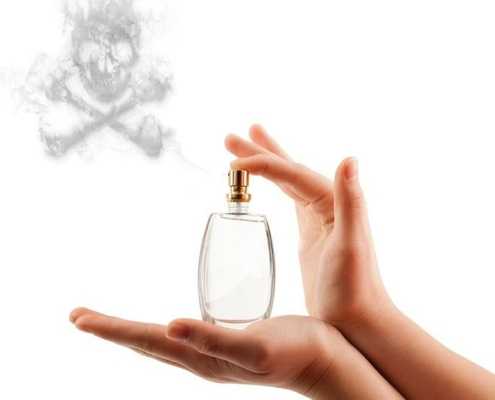
Non-Toxic Perfumes
A non-toxic perfume is simply a perfume that is free from any toxic ingredients such as synthetic alcohol, aroma chemicals that may harm you. Non-toxic perfumes are typically made from natural ingredients using only aromatic materials that are directly extracted from natural flora and fauna.
Pages

Ethical complete list of ingredients in perfumes
ETHICAL COMPLETE LIST OF INGREDIENTS IN PERFUMES
Definition of the products listed on ECLIP
Absolute: extracted with ethanol from concrete or resinoids. Ethanol is then removed.
Alcohol natural: obtained from natural raw material source…
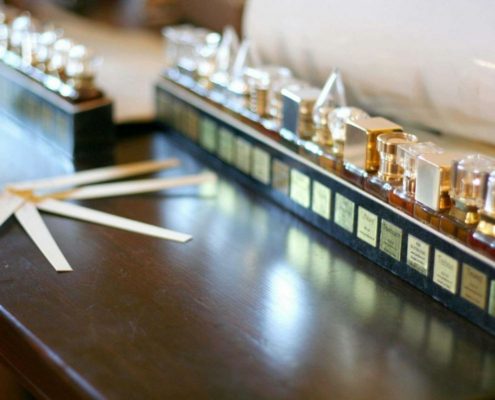
Natural perfumes
Why Choose Natural Perfumery?
The definition of natural perfume is simple: it is a perfume made of plant or animal extracts without any other ingredient.
How I become a natural perfumer
I did not really choose to become a natural perfumer…

